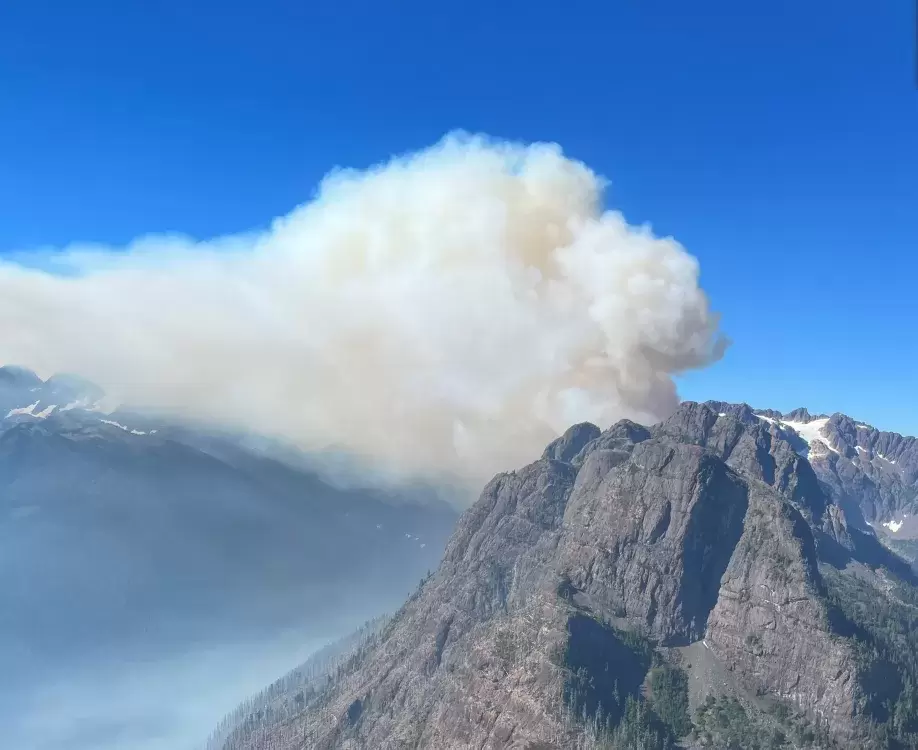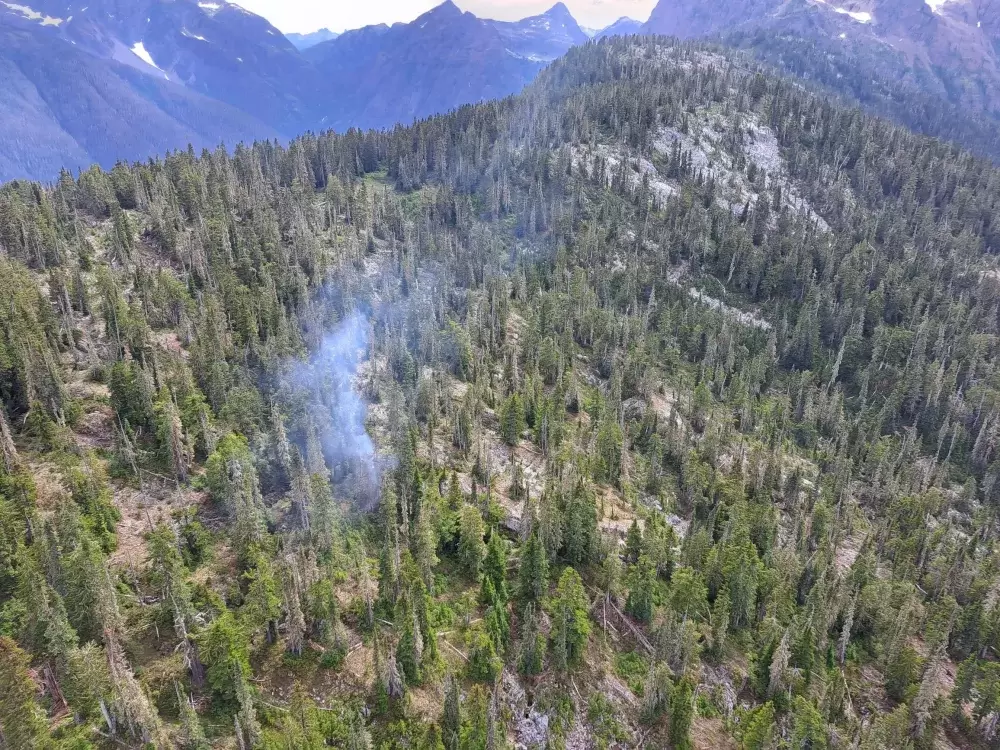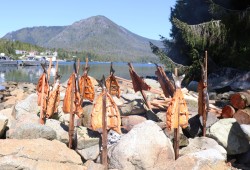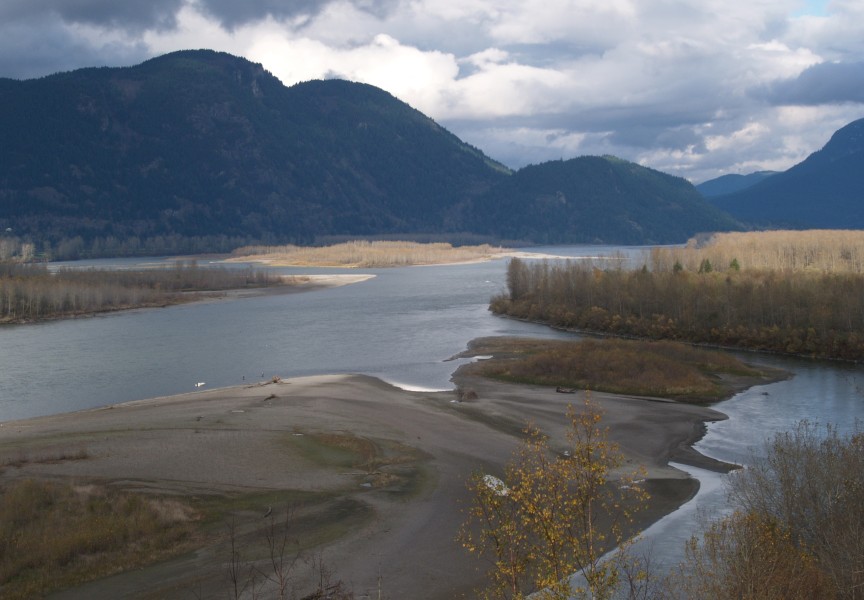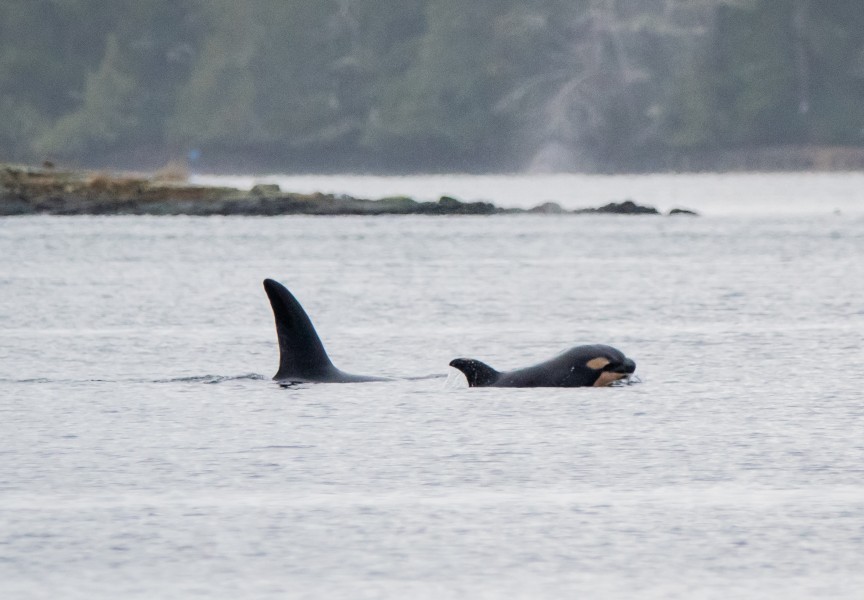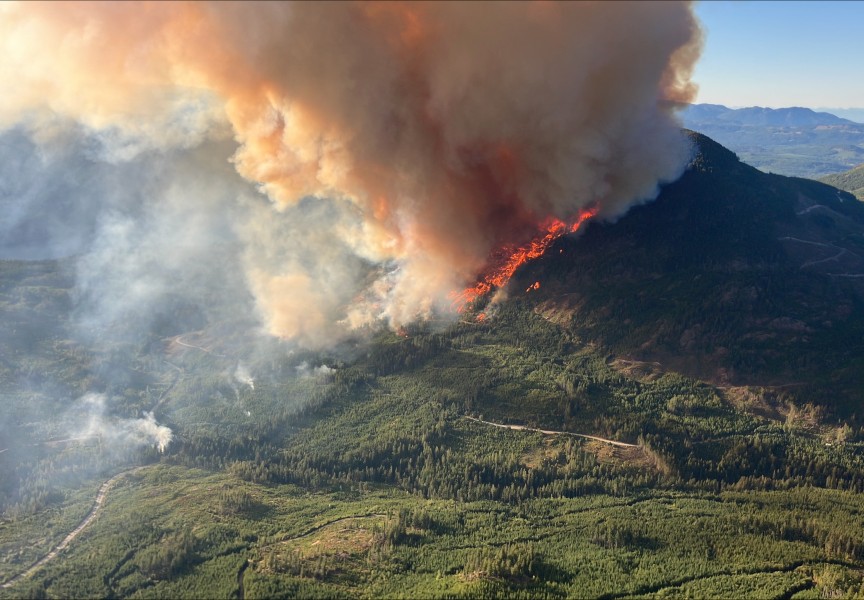As wildfire season roars throughout the province, smoke travels from north and northwest of Vancouver Island making its way to impact Nuu-chah-nulth territories.
According to the Coastal Fire Centre, last week's cold weather event caused a shift in wind direction to a northerly direction, which brought smoke to loom over the majority of Vancouver Island.
Over the weekend, as ash settled onto cars in Port Alberni, the particulate matter reached up to 50 micrograms per cubic meter, a measurement for pollutants in the air, but as skies begin to clear it has lowered to six micrograms per cubic meter.
According to the air quality index, six micrograms per cubic meter means the air quality is currently 1.2 times the World Health Organization's air quality guideline.
“You don't see our elders out doing much activities outside,” said Hupačasath Chief Councillor Brandy Lauder, who is currently down two employees due to asthma.
Lauder said that normally she’d prepare for wildfires in the last three weeks of August, but this year has been the longest and earliest season which has impacted cultural practices, including barbequing and smoking salmon.
Category two and three fire bans have been in effect since May and a category one fire ban has been in effect since June of this year, making campfires prohibited in all areas of the province except for Haida Gwaii.
“People are so used to the sockeye coming up, we got fires in the backyard, [and] we’re cooking on the [tlup-chus] sticks,” said Lauder. “That’s out the window because you can’t even have a campfire in the backyard.”
“When you can’t cook fish on a [tlup-chus] stick, it hurts,” said Lauder.
For Tofino, roughly 126 kilometers west of Port Alberni, most of the smoke has been pushed away by the winds. Though over the weekend of Aug. 19-20 Lone Cone, located on Meares Island, was not visible from across the Harbour, said Saya Masso.
“Fine particulate matter in wildfire smoke matter carries the greatest risk to people's health because it can be inhaled deep into the lungs and cause inflammation and irritation,” reads a press release from the Ministry of Health.
The province is reminding people to stay safe as the poor air quality impacts the province. This is particularly important for those with health conditions such as obstructive pulmonary disease, asthma, heart disease, diabetes and respiratory infections, or for infants, children and older adults who are at a greater risk of impacts.
The province suggests sealing doors and windows of the home, staying indoors, keeping hydrated, using an air filter, avoiding overexertion, and even wearing a respirator outdoors.

